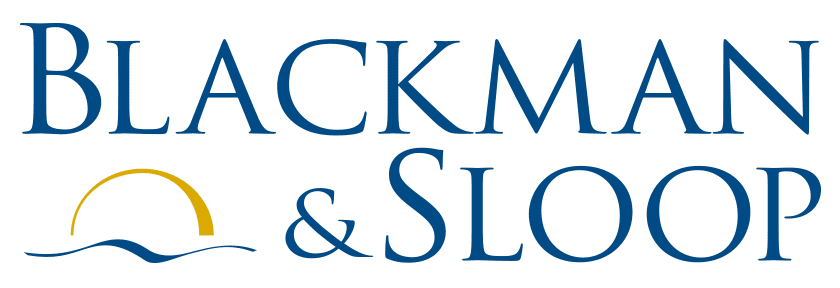In a speech delivered on August 22, 2013, President Obama outlined a set of broad proposals aimed at controlling college costs with a goal of making college more affordable.
Other elements of his plan will seek to promote innovations in the delivery of education and deal with the rising student debt burden.
COLLEGE RATING SYSTEM
The proposal calls for the U.S. Department of Education (ED) to develop a college rating system that would take into consideration factors such as:
• Affordability – including the average tuition charged, availability of scholarships, and level of loan debt
• Access – measure of how well the institution provides access to education to students from disadvantaged backgrounds
• Outcomes – includes graduation rates, graduate earning potential, and number of advanced degrees pursued by graduates
While these are laudable goals, there is some degree of skepticism about how effective ED can be in developing this rating system. Critics point to many of the shortcomings in the College Scorecard developed by ED in recent years. There is also a concern about the second aspect of the proposed college rating system – tying future student financial aid funding to a college’s rating and performance. Students that attend higher performing colleges would be eligible for potentially larger financial aid awards. While these proposals are just that – proposals with implementation dates of 2015 for the development of the new rating system and 2018 for legislation to change how aid is awarded based on performance – they do signal continuing pressure on the industry to do a better job of controlling costs and reining in the rate of tuition increases.
INNOVATION AND COMPETITION
The president laid out his vision for promoting innovation in the delivery of education and measures to enhance competition among colleges and universities as they compete for a proposed $260 million innovation fund. This would be in addition to an additional $500 million the Department of Labor would make available to support accelerated degree programs and credentials for adult students. In his speech, the president highlighted the steps some institutions have made to leverage massive open online courses (MOOCs) to deliver content, shorten the length of degree programs by granting credit for prior learning or using competency-based assessment models, and the use of technology to improve student retention. He also called on states and private donors to be partners in supporting these initiatives.
While this sounds well and good, and many institutions are already engaged in many of these activities, significant regulatory barriers need to be removed to make these initiatives more widespread and readily accepted. It is yet to be seen how quickly ED will move to revise regulations that restrict the use of federal financial aid dollars to support these initiatives.
DEALING WITH STUDENT DEBT
The plan also includes proposals to help the 37 million student loan borrowers deal with what many are calling “a mountain of debt” that has the potential to restrict future economic growth. The major component of the proposal is to expand the existing “pay as you earn” program. This program, only available to certain borrowers, caps federal student loan repayment at 10 percent of the borrower’s income. The proposal calls for an expansion of the program to all student borrowers. This would be combined with a massive education campaign to make students aware of this option and promote the plan.
THE DEVIL IS IN THE DETAILS
As with so many proposals, the final product will likely look very different from the plan outlined by the president. However, as noted in my industry outlook in the Summer 2013 edition of the Nonprofit Standard, the higher education industry will continue to face increasing regulatory attention as the disconnect between cost and value remains firmly in place.
About Blackman & Sloop CPAs, P.A.:
Blackman & Sloop is a full-service CPA firm headquartered in Chapel Hill, North Carolina and is actively involved in auditing, taxation, management consulting, financial planning, and related services. The firm directs a large part of its services toward providing management with advice on budgeting, forecasts, projections, financing decisions, financial analysis, and tax developments. The firm also performs review and compilation services and prepares not-for-profit, corporate, individual, estate, retirement plan, and trust tax returns as well as technology consulting services regarding installation and training on QuickBooks. Blackman & Sloop provides services in Raleigh, Durham, Chapel Hill, RTP, Hillsborough, Pittsboro, Charlotte, and the rest of North Carolina. To find out more please visit http://www.blackmansloop.com
Contact: CPA cpa@blackmansloop.com
Toll Free: 1-877-854-7530The Exchange West
1414 Raleigh Rd, Suite 300 Chapel Hill, NC 27517
*This article originally appeared in BDO USA, LLP’s “Nonprofit Standard Newsletter – Fall 2013“. Written by Tom Gorman, BDO CPA. Copyright © 2013 BDO USA, LLP. All rights reserved. http://www.bdo.com




